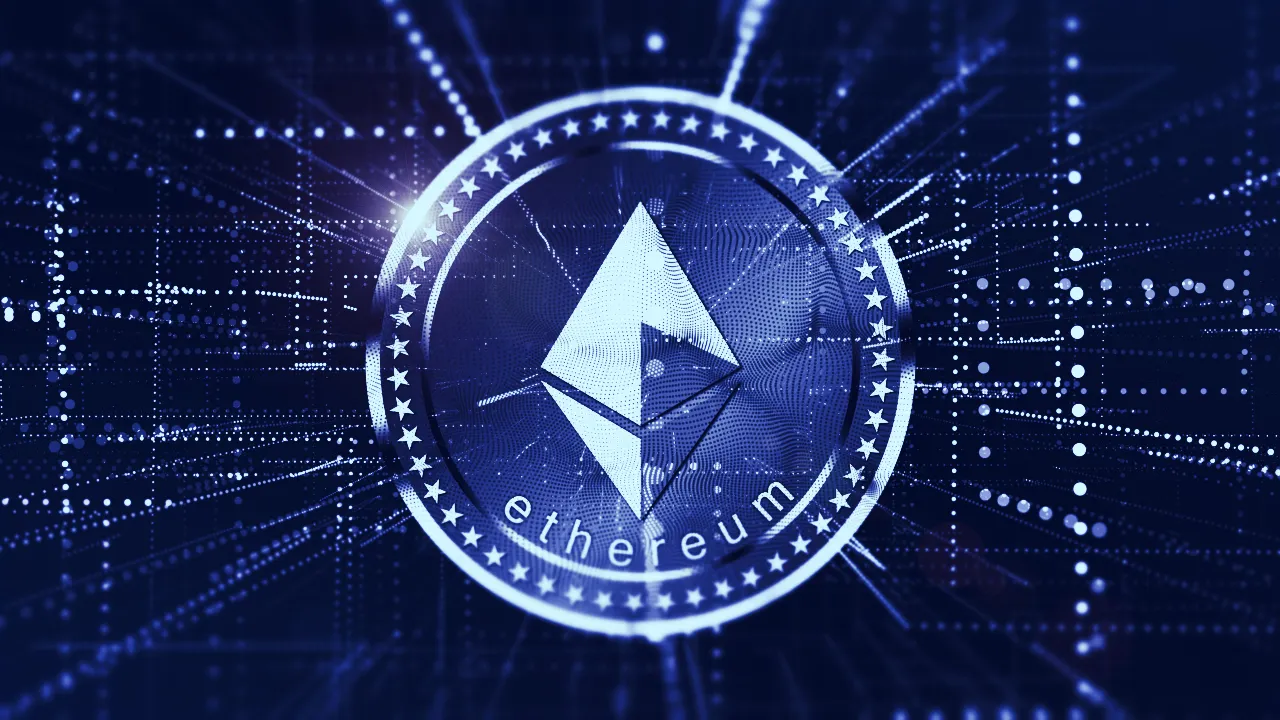In brief
- Nightfall 3 is the new iteration of the original Nightfall protocol, released in 2019.
- The protocol combines zero-knowledge proofs (ZKP) with Optimistic rollup.
- Ethereum’s scalability bottleneck can lead to extremely high transaction fees in times of high demand.
Accounting services firm Ernst & Young (EY) released a set of tools called Nightfall 3 on Thursday in an attempt to reduce the fees on the Ethereum blockchain lower without sacrificing privacy.
The Nightfall 3 protocol—like its 2019 predecessor ‘Nightfall’—is for privately managing transactions on Ethereum. EY's latest incarnation is a ‘ZK-Optimistic Rollup’ protocol since it combines zero-knowledge proofs with a transaction verification mechanism known as an Optimistic Rollup.
Zero-knowledge proofs use cryptographic algorithms to verify that a piece of information sent across the blockchain contains the right kind of information without revealing it. Nightfall 3 aggregates ZKP transactions into groups called ‘rollups’, which are ‘optimistic’ because they are all assumed to be true unless proven otherwise. This means that validators no longer have to verify the transactions, lowering costs.
Rollups address Ethereum’s scalability bottleneck—currently only capable of processing about 15 transactions per second—by processing Ethereum transactions off the main blockchain. The process moves the transaction verification process onto a ‘sidechain’ known as ‘Layer 2’, which periodically interacts with the main blockchain, or ‘Layer 1’ to slot in the transactions that have been processed.
To ensure that only correct Layer 2 blocks are incorporated into Ethereum’s blockchain, users are incentivized to correct bad blocks through a process that is arbitrated by smart contracts.
Because different transactions require different levels of computation and thus can have notably fluctuating gas fees, Ethereum runs on a gas system. While simple token transfers require a relatively small amount of gas—21,000 gas, to be precise—transactions with multiple, complicated smart contract executions can cost as much as 100,000 gas. EY says that its new protocol cuts fees to approximately 8,200 gas per transaction, or “almost one-eighth of the cost needed to make a conventional, public ERC20 token transfer.”
In Thursday’s press release, Paul Brody, EY Global Blockchain Leader, said : “Based on EY experience, ZK-Optimistic roll-ups are currently among the most effective in balancing security incentives and mathematical efficiency for running private transactions on the public Ethereum network. As we have in the past, we are again contributing this code into the public domain to speed up enterprise adoption of this technology.”
Ethereum users have been fretting about the increasing cost of Ethereum transactions for years now. On May 12, when the currency set its highest ever price of $4,164, Ethereum’s transaction fees were also sitting at an all-time high of $69.92. Average transaction fees have since plummeted—today the figure is $3.04 according to BitInfoCharts, yet concerns remain that another sharp increase in demand will lead to skyrocketing transaction fees again.

